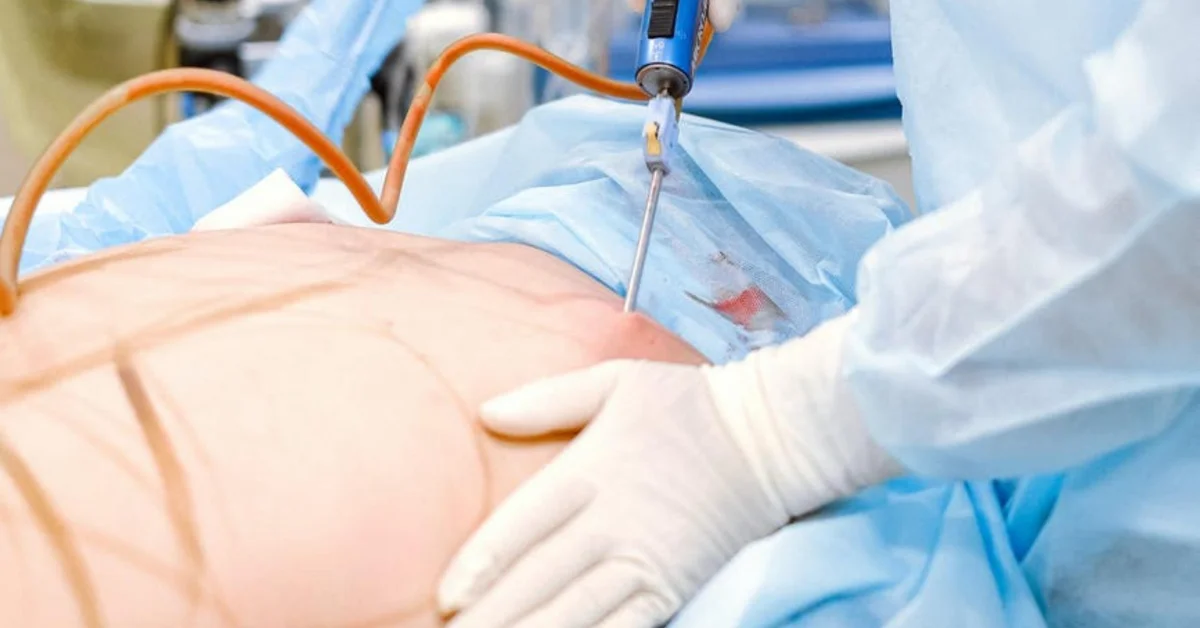It’s not something you could ever properly prepare for and when you first hear the news it hits you like a ton of bricks. Your wife has breast cancer. You’re shocked, why does it have to be her?
Except it’s not only her. She’s just one more of the approximately quarter-million American women who, according to the American Cancer Society, are expected to be confronted with the disease in 2017.
Fortunately, breast cancer isn’t always fatal and when it’s detected in time, there are a lot of things doctors can do to treat it. One of which is a mastectomy. A full mastectomy, or worse, double mastectomy, is usually the last option physicians have in order to keep the cancer from spreading to other parts of the body. It’s something nobody wishes for but it saves lives.
Of course, as upsetting as it is to you, a cancer diagnosis demanding that a mastectomy (or double-mastectomy) be performed is going to be absolutely devastating news to your wife. Not only must she process the news that she has a potentially terminal illness but the most effective treatment option involves amputating one or both of her breasts.
A Surgeon’s Word of Advice
So how do you react in this situation? As hard as this is on you, just imagine how much harder it is for her. Regardless, the bottom line is that you are both going to have to accept and live with the new reality: your wife is having her breasts surgically removed.
While this could leave you feeling impotent and helpless to affect the situation, there is actually a lot you can do to make this journey into unknown territory easier on her – and if it’s easier for her, it’s going to be easier for you as well.
Dr. Jonathan Zelken is a highly respected plastic surgeon with a busy practice in Newport Beach, California. As one of the top breast reconstruction surgeons in the region, this is a scenario he knows all too well. As such, Zelken has a few wise words of advice for men who find themselves in this situation.
“In my opinion, and as a man, I believe that a spouse should focus all his effort on addressing his partner’s concerns, comfort, and demands. This means quelling concerns of the pain of surgery, taking time off work, caring for children, securing finances, and doing everything in your power to put a smile on her face. Yes, you should convey unconditional love. Try as hard as possible to quarantine your own sexual concerns and instead direct those emotions to providing reassurance and support to your wife. As hard as that may be sometimes.”
Being the Rock
That said, in order to follow Zelken’s advice, you first need to find the strength within yourself to deal with this sudden, unfortunate development. That’s sometimes easier said than done, of course, but there are a few things you can do to prepare yourself for the long, undoubtedly difficult road ahead.
First off, you should start familiarizing yourself with what your wife’s chest is going to look like when she first gets back from the hospital. There will be scars, probably multiple scars, her chest will obviously be flat, and she might be missing one — or both — of her nipples, although this will likely only be temporary.
Before her surgery, go online and look at as many photos of women with post-mastectomy chests as you need, for as long as you need, until you become comfortable with what you’re seeing.
Remember that when she sees her chest for the first time post-mastectomy it will be an even bigger shock for her, and don’t think for a second that she won’t be paying very close attention to your reaction. She’s your wife, after all. She knows how to read your face and body language better than anyone. If she senses you don’t find her chest as grotesque as she likely feels it is, it will go a long way towards allowing herself to accept her new reality and to begin life with her altered body. That’s a huge step forward.
Next, she will probably emerge from the hospital and for the first little while be bedridden with drainage tubes protruding out her sides, drains that have to be emptied numerous times a day. As harsh this sounds, unless you’re a medical professional yourself, you’re probably going to find it pretty challenging when you have to strip and empty these tubes, as you will have to do.
Brace yourself for a dark orange colored fluid, often filled with blood clots and little chunks of tissue, as you empty and clean out these drains for her. Yes, it’s every bit as unpleasant as it sounds, and your wife knows it too. Do everything you can not to let your feelings about this unpleasantness show. Lend a caring hand and keep a brave face on.
Eventually the drains will be removed and she’ll feel well enough to start living life again. While increasingly women are opting to “go flat” after a mastectomy, chances are she’ll soon be getting breast reconstruction surgery and, along with the passage of time, once her breasts are restored she will gradually start feeling better about herself. With time, life will begin to feel “normal” to her again, as will your marriage and sexual intimacy.
As Dr. Zelken points out, sometimes, after reconstruction, women feel better about their breasts than they did prior to their mastectomy. “I think many women appropriately seek a silver lining to breast reconstruction,” he explains. “I’d say approximately half the women I treat convey interest in a result that is larger than her starting point. This sheds a positive light on a challenging issue.”
And any positivity that can be brought to the table at a time like this is going to be valuable. Because early on in the process things aren’t likely to be so smooth. Her emotions will be all over the place, and yours might be as well.
This is where you’ve got to be a rock. When she breaks down, tell her that she’s still beautiful to you, that she’ll be going for breast reconstruction soon and that you’d love her and find her sexy even if she didn’t. Remind her that it will get better, because it does, even if neither of you fully realizes it just yet.
Keeping a Positive Outlook
Don’t either of you ever forget for one second that the situation could be much, much worse: if she actually had died from breast cancer you know that you’d be looking up to the heavens and offering anything just to bring her back right now. The fact that she might have reconstructed breasts or no breasts at all would seem like a pretty minor detail at that point.
These things are all easier said than done, for sure. After all, you’re both only human and there’s little question your wife’s breast cancer diagnosis won’t have messed with your emotions in a big way as well, but you have to do your best. This is your time to be a hero, to make the best out of a terrible situation.
The difference you can make for her throughout this difficult period will be greater than you could possibly imagine.









